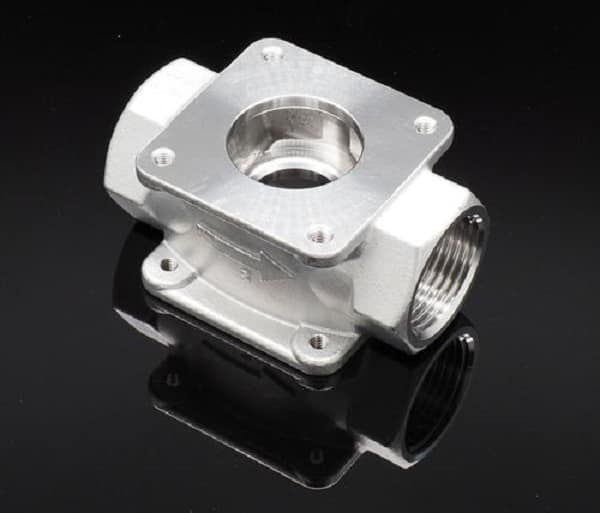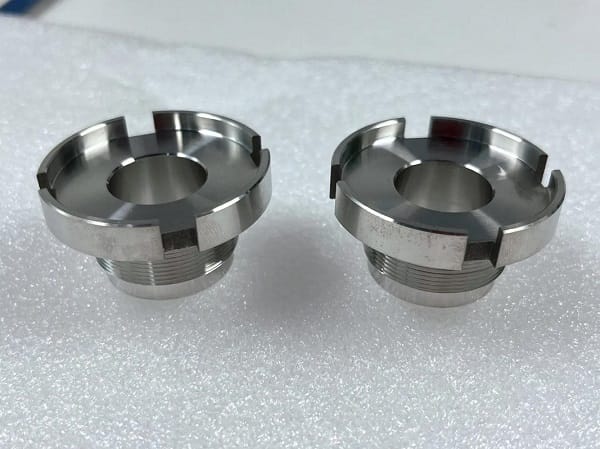In the dynamic world of industrial manufacturing, material science plays a critical role. One question that often arises among engineers, manufacturers, and industrial designers is: is stainless steel magnetic? The answer is nuanced, yet deeply important for the future of industrial applications. In this article, we explore the truth behind is stainless steel magnetic, dive into its modern advantages, and uncover why understanding this property holds great promise for industrial innovation.
Understanding the Basics: Is Stainless Steel Magnetic?
Stainless steel is a versatile material known for its corrosion resistance, strength, and sleek appearance. However, not all stainless steels are created equal, especially when it comes to magnetism. Whether stainless steel is magnetic depends on its crystal structure and composition.
Ferritic and martensitic stainless steels are magnetic.
Austenitic stainless steels (such as the popular 304 and 316 grades) are generally non-magnetic in their annealed state but can become slightly magnetic when cold-worked.
Thus, when asking is stainless steel magnetic, the correct answer is: it depends on the type and treatment of the stainless steel.

Why Magnetism Matters in Industry
In industrial applications, magnetism isn’t just an academic curiosity — it is a vital property influencing performance, safety, and innovation.
Key Industrial Applications Where Magnetism Matters:
Magnetic separation: Industries like food processing and pharmaceuticals rely on magnetic stainless steels to filter out contaminants.
Electric motors and generators: Magnetic materials optimize efficiency and functionality.
Sensor and automation technologies: Precision equipment often depends on magnetic responsiveness.
Clearly, understanding is stainless steel magnetic is essential for optimizing industrial processes.
Modern Advantages of Magnetic Stainless Steel
Today, industries are moving faster than ever, and material choice is pivotal. Here’s why the magnetic properties of stainless steel are becoming even more advantageous:
Enhanced Efficiency and Precision
Knowing whether stainless steel is magnetic allows manufacturers to select the right grade for precision operations. Ferritic grades offer stable magnetic properties that enhance control systems, improve machine responsiveness, and reduce operational errors.
Corrosion Resistance Combined with Magnetism
One of the modern breakthroughs is the ability to combine moderate magnetism with high corrosion resistance. New magnetic stainless steel alloys are specially engineered to survive harsh industrial environments — from chemical plants to marine engineering — without sacrificing performance.
Cost-Effective Solutions
Using magnetic grades of stainless steel can lower costs without compromising functionality. For example, ferritic stainless steels are generally less expensive than austenitic varieties, making them attractive for large-scale industrial use where magnetism is necessary.
Future Outlook: The Expanding Role of Is Stainless Steel Magnetic in Industry
Industrial trends are moving towards smarter, more interconnected systems. Here’s how is stainless steel magnetic fits into this exciting future:
Smart Factories and Industry 4.0
In the era of Industry 4.0, automation, and sensor-based manufacturing, magnetic materials are fundamental. Devices that rely on magnetic feedback loops, smart actuators, and precision control benefit from properly selected magnetic stainless steels.
Advanced Manufacturing Technologies
Additive manufacturing (3D printing) increasingly involves stainless steel. Understanding is stainless steel magnetic helps in selecting the correct powders and post-processing treatments, ensuring compatibility with magnetic field requirements.
Environmental Responsibility
Industries are seeking sustainable materials. Magnetic stainless steels are highly recyclable, helping industries align with global environmental goals while maintaining performance standards.
Common Misconceptions About Is Stainless Steel Magnetic
Despite its industrial importance, there are still several myths about the magnetism of stainless steel:
Myth: All stainless steel is non-magnetic.
Reality: Only certain grades (primarily austenitic) are non-magnetic, and even they can become magnetic after deformation.
Myth: Magnetism means poor corrosion resistance.
Reality: Modern magnetic stainless steels offer excellent corrosion resistance, suitable for harsh environments.
Understanding the real answer to is stainless steel magnetic empowers industries to make better, smarter material choices.
Practical Tips for Industrial Professionals
If you’re involved in material selection, manufacturing, or engineering, keep these guidelines in mind:
Identify the required magnetic properties early in the project planning stage.
Test material samples for magnetism if your application depends on it.
Consult material standards (like ASTM or EN specifications) to ensure the right grade selection.
Consider post-processing effects, such as cold working, that can influence magnetic behavior.
By being proactive, you can harness the full advantages that answering is stainless steel magnetic correctly offers.
Conclusion: Why Understanding Is Stainless Steel Magnetic Is a Competitive Advantage
In the rapidly evolving industrial landscape, material science literacy is more important than ever. The question of is stainless steel magnetic is not just a technical detail — it’s a gateway to better products, more efficient processes, and stronger industrial competitiveness.
Magnetic stainless steels provide unique combinations of strength, corrosion resistance, and responsiveness that are critical for modern industrial applications. Industries that fully understand and exploit the nuances behind is stainless steel magnetic are better positioned to innovate, lead, and grow sustainably.
In the end, the right answer to is stainless steel magnetic is not a simple yes or no — it’s a sophisticated understanding that opens doors to powerful industrial possibilities.
